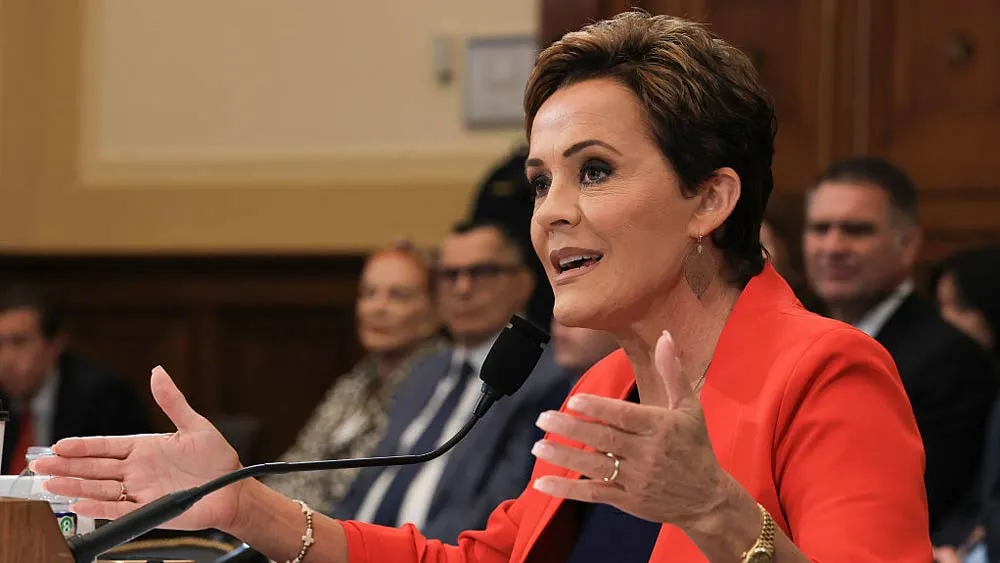September 29, 2017
Survey Reveals Tremendous Challenges and Threats of Being Black and Transgender in America
READ TIME: 2 MIN.
Building upon its groundbreaking 2015 U.S. Transgender Survey (USTS) -- the largest survey of transgender identity in the nation -- the National Center for Transgender Equality (NCTE) has joined with Black Transmen, Inc.; Black Transwomen, Inc.; and the National Black Justice Coalition (NBJC) to produce a detailed report about experiences of Black USTS respondents.
The result is a critical insight into the myriad risks, challenges, threats and daily obstacles faced by Black transgender people. While findings from the USTS revealed several crucial challenges to being transgender in the United States, Black respondents reported substantially higher threats, deeper levels of poverty and economic insecurity, negative health outcomes and interactions, and more extreme distress than others surveyed. Many findings are alarming and are cause for immediate public concern. The full survey can be found here.
Thirty-eight percent of Black respondents were living in poverty, compared to 24% of Black people in the U.S. population. 6.7% of Black respondents were living with HIV, nearly five times the rate in the USTS sample overall (1.4%) and more than twenty times the rate in the U.S. population (0.3%). Notably, Black trans women reported an infection rate of 19%.
Twenty percent of Black respondents were unemployed, twice the rate among Black people in the U.S. population (10%). 53% of Black respondents have been sexually assaulted at some point in their lifetimes (13% within the past year), compared to 47% in the USTS sample overall.
Thirty-four percent of respondents who saw a health care provider in the past year reported having at least one negative experience related to being transgender, such as being refused treatment, being verbally harassed, being physically or sexually assaulted.
Forty-one percent of Black respondents experienced serious psychological distress in the month before completing the survey (based on the Kessler 6 Psychological Distress Scale), more than eight times the rate in the U.S. population (5%).
"A key priority of NBJC is supporting an informed and solution-oriented constituency that advocates for federal investments to address critical issues at the intersection of racial justice and LGBTQ equality. This report, which highlights the responses of Black transgender people in the United States is essential to advocate for policies, programs, and practices designed to support all members of the Black community, especially those most often neglected and ignored," said David J. Johns, Executive Director of NBJC. "NBJC is honored to partner with NCTE and BTA, to produce this timely resource. As the data demonstrates, we have a long way to go to achieve full equality and equity for Black trans* people. NBJC is committed to using this resource to ensure our nation's leaders have the information required to make necessary interventions."


